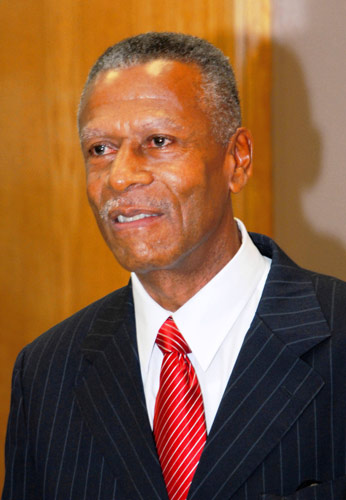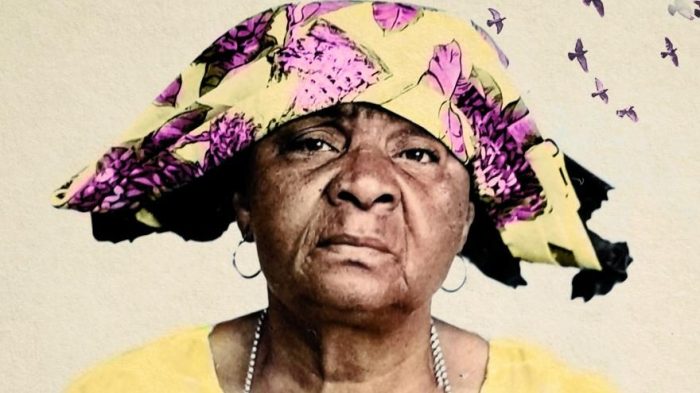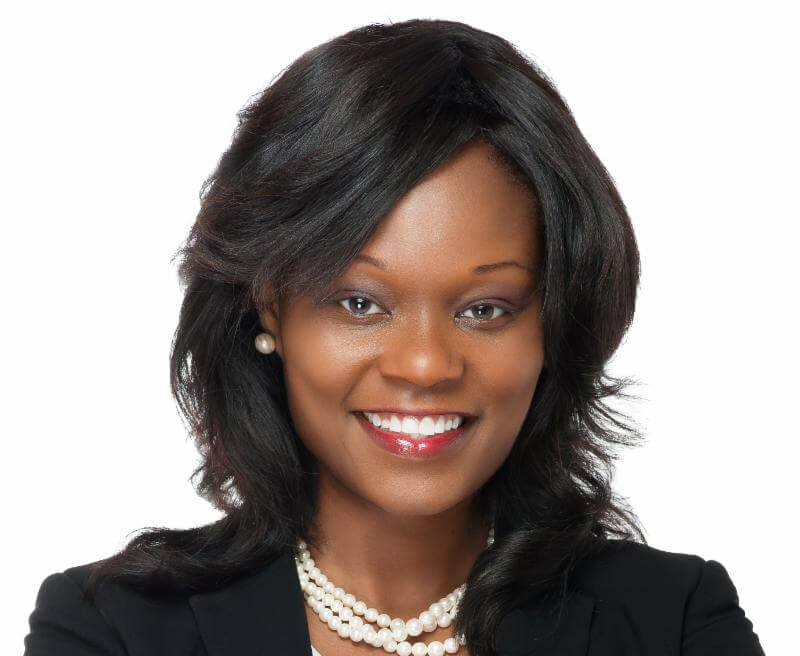Back in the years Brooklyn, Democratic boss Meade Esposito dictated which way the borough would vote, Andrew W. Cooper aspired to being the first Black-elected from the borough to Congress.
It was not an idle wish but one honed from victory he savored after winning an important court case mounted in Kings County.
According to Wayne Dawkins, author of a book he named “City Son,” Cooper reshaped the design of the voting districts in the city when at age 39, and a beer company employee he sued New York State officials in a case called Cooper v. Power.
Reportedly, Cooper was of the opinion that Black New Yorkers were compromised by a political system that weakened their voting power.
Dawkins claims that Cooper’s stance — in 1966, a year after the Voting Rights Act began opening the polls to millions of southern Blacks – also applied to districts here.
“In 1968, the courts agreed that Black citizens were denied the right to elect an authentic representative of their community. The 12th Congressional District was redrawn. Shirley Chisholm, a member of Cooper’s political club, ran for the new seat and made history as the first black woman elected to Congress.”
In the 304-page book, Dawkins explains how the brewery employee became a journalist, a political columnist, and founder of Trans Urban News Service and the City Sun weekly newspaper.
The latter is described as “a feisty Brooklyn-based weekly that published from 1984 to 1996.”
During the brief years of publication, the weekly, tabloid posed rivalry to the New York Amsterdam, the city’s oldest Black weekly.
“Whether the stories were about Mayor (Edward I) Koch or Rev. Al Sharpton, Howard Beach or Crown Heights, Tawana Brawley’s dubious rape allegations, the Daily News Four Trial, or Spike Lee’s filmmaking career, Cooper’s City Sun commanded attention and moved officials and readers to action.”
“Cooper’s leadership also gave Brooklyn–particularly predominantly Black central Brooklyn–an identity. It is no accident that in the twenty-first century the borough crackles with energy. Cooper fought tirelessly for the community’s vitality when it was virtually abandoned by the civic and business establishments in the mid-to-late twentieth century. In addition, scores of journalists trained by Cooper are keeping his spirit alive.”
Dawkins is one of the many grateful benefactors of media education from an internship he gleaned at Brooklyn’s Trans-Urban News Service in the late 1980s,
His 304-page read will indelibly inscribe a legacy to his mentor who died in 2002.
However, insider alums who either interned with the news service or participated in the rise of the Sun will question the absence of information on the contribution Cooper’s partner Utrice Leid made in establishing him as a media player.
Leid could have enhanced the book by shining a brighter light on the revered individual whose career path allegedly “impacted modern-day Brooklyn.”
The Trinidad & Tobago native who challenged interns as a tough taskmaster and also edited the historic, Black-focused newspaper could have added sentences, paragraphs and perhaps pages to punctuate a more revealing “City Son.”
Leid allegedly opted out of an invitation to contribute.
Reportedly, former, crime beat reporter Peter Noel — also a T&T national — said no to voicing endorsement of the county’s best-known Black newspaper, publisher.
“Utice was the glue, the main ingredient, the hot, blazing, heat of the Sun,” Noel stated, “how could he (Dawkins) write her out of this story?”
Now, residing in Newport News, Virginia Dawkins is assistant professor of journalism at Hampton University in Virginia.
A former newspaper reporter and editor, he is also the author of “Rugged Waters: Black Journalists Swim the Mainstream” and “Black Journalists: The National Association of Black Journalists Story.”
He is also a contributor to “Black Voices in Commentary,” The Trotter Group and “My First Year as a Journalist.”
The book is published by University Press of Mississippi. For more log onto www.upress.sate.ms.us

























